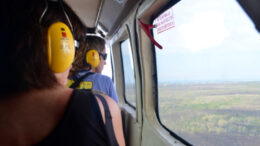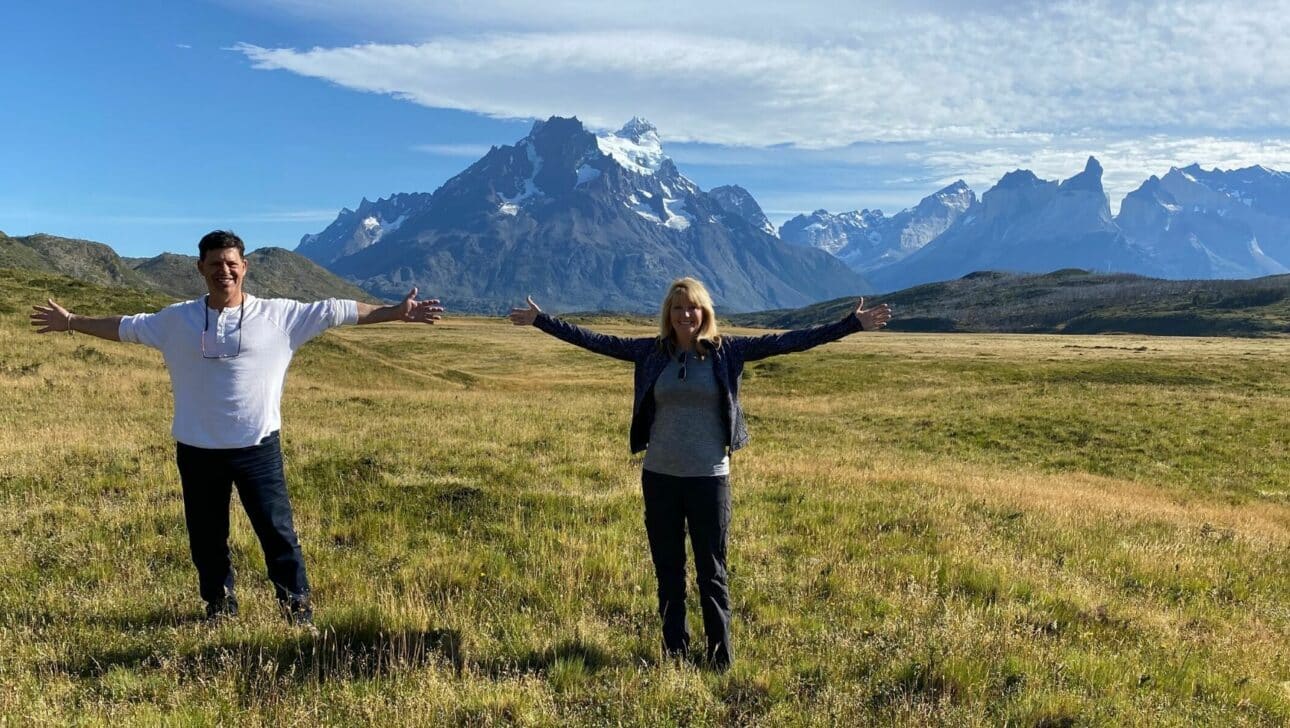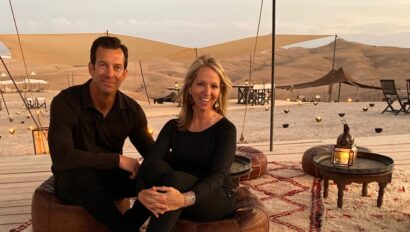They call themselves ROMEOS—Retired Old Men Eating Out Sometimes—and one of them is actually the father of our Guest Services Manager here at Classic Journeys. Unable to go out for their weekly breakfast together, they took matters in their own hands and decided to find a way to still get together safely, using tape measures to literally ensure safe social distancing.
A neighbor spotted them, took a photo and posted it. And it became a viral sensation, gathering tens of thousands of likes.
That got us thinking that social distancing means something different to every person in our country and around the world. Because we are talking with our local guides around the world every day, we decided to make today’s conversation:
“What is social distancing like for you?”
From Iceland to Italy, Portugal to Japan, and Morocco to Montenegro, guides shared their insightful and often very funny commentary.
From Kommi in Iceland
“Because we have only about 340,000 people in Iceland and we are about the same size as the state of New York with 19 million people, social distancing means something very different to us. When our government told us to keep 6 feet apart, that seemed like we would be too close to one another!”
From Susana in Portugal
“Portuguese people are very tactile. We love to touch. We greet each other with a couple of kisses on the cheeks (men to woman, woman to men, woman to woman), hand shake (man to man) or hug each other (closer friends and family). Social distancing has changed not just how physically close to one another we are, but also our core beliefs on how to connect with one another.”
From Yumiko in Japan
’Japan is not famous for being a warm culture. Instead of hugs and kisses, we greet each other with bows. So, in a way, social distancing is the norm for Japanese people. That said, spring is the one time of the year when we gather in big crowds to enjoy the cherry blossoms with family and friends. For that fleeting moment, we are much closer with one another. This year, unfortunately, may be the exception.’’
From Saida in Morocco
“In Morocco, social distancing is like torture to us. We love to be together and hug each other all the time, even if we don’t know each other. When walking with a friend, we are close to each other a lot, to the extent sometimes, we hold hands with each other like lovers, even when we are not.”
From Ulisse in Italy
“We Italians are adjusting to something completely new. It is depriving us (temporarily I hope) of a big part of what defines Italians and makes us loved all around the world—the friendliness of a handshake, two kisses on the cheeks to greet a good friend or a warm hug that says: ‘I am happy to see you’. It is a sacrifice for all. On the happy side of things, all around Italy people are leaning out of their balconies to sing. We can’t help it… it’s in our blood… we have to sing all the time. Not even Coronavirus can keep Italians from serenading!”
From Rosemary in Canada
“My friends and I no longer share thermoses of coffee but we share a lot more jokes to keep each other’s spirits going. I think that we have become a lot more aware and considerate of each other. I keep my physical distance from you but at the same time I offer to get something at the store for you. We are all a lot more aware of the risks and stresses that each other are under so we are constantly checking in with one another in tiny ways.”
From Vibeke in Norway
“Our prime minister said it so well (it sounds actually better in Norwegian), ‘Take care of each other by not touching each other’. And I feel we are closer than before, taking care and giving each other tons of ‘verbal hugs’. I think we will come out if this as a more caring nation, as we will not take our well-being for granted anymore.”




